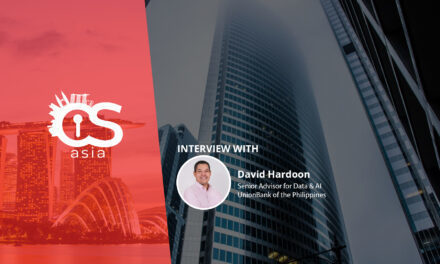If the super-accelerated pace of technology use is not matched by proper ethical and technical training, professional liabilities can escalate: report
In an age of super accelerated techno-solutionism, the emerging risk landscape for professional services firms is multi-faceted. Architects and engineers face greater scrutiny over building and fire safety defects. Financial services professionals may be accused of mismanaging investment funds negatively impacted by inflation. A lawyer’s untrained use of AI tools when preparing client cases could result in an error-ridden brief.
Based on its processing of over 93,000 professional indemnity claims from different regions and jurisdictions, insurer Allianz Global Corporate & Specialty(AGCS) has compiled a list of top trends driving insurance claims activity, ranked by level of anticipated impact; potential drivers of loss activity; and the likely ease with which these risks may be mitigated.
Professions impacted by the predictions include management consultants, auditors, accountants, architects, engineers, solicitors and lawyers, and media executives, all of whom may be held responsible for losses that arise from a perceived breach of their duties.
Eleven risk trends
AGCS’ global PI claims experts have identified 11 emerging risk trends and ranked them in descending order, with some professions being more exposed than others, depending on the risk and the nature of their business:
- Evolving legislation related to building safety and cybercrime, social engineering and data loss
- Cybercrime, social engineering, and data loss
- An increase in high-profile litigation
- Growing focus on professionals’ supervision duties, internal controls and monitoring systems
- Evolving regulatory environment and risk landscape
- Innovation and technological developments in the construction industry
- Geopolitical, economic and market volatility
- The inflationary environment
- COVID-19 legacy and new ways of working
- Use of new technologies
- Increased focus on environmental, social, and governance topics
Analyses suggest that for large losses (€1mn+ claims only), solicitors/lawyers will be the most impacted (30%), followed by construction professionals (27%).
Touching on ChatGPT
To ensure the authenticity of work products considering the emergence of tools such as ChatGPT, professional services firms must continue to properly train and supervise their staff as technology evolves. Ultimately, a lack of awareness of how generative AI works, as well as its untrained use, could lead to legal sanctions and civil claims against all types of professionals.
For example, a New York lawyer recently faced sanctions over a ChatGPT-aided brief used in a client’s personal injury case. The technology cited six non-existent court decisions. According to Diego Assef, Head of the Global Practice Group, Professional Indemnity Claims, AGCS: “Although exposures vary, all these professions face a wide range of civil liability exposures which need to be adequately addressed and mitigated. These could range from accusations of negligence or omissions resulting in harm or damage to the client, to misrepresentation, to failure to identify fraudulent activity, to the unintentional breach of contract, intellectual property rights or confidentiality, and regulatory investigations and actions.”
Assef noted that, while AI has the potential to operate as a risk reducer, as technological solutions evolve rapidly, so do the potential claims drivers. “These include data privacy or copyright issues, the need to preserve confidentiality when using service providers, risks of errors being repeated in volume work, and the level of supervision involved in machine learning tasks.”





















